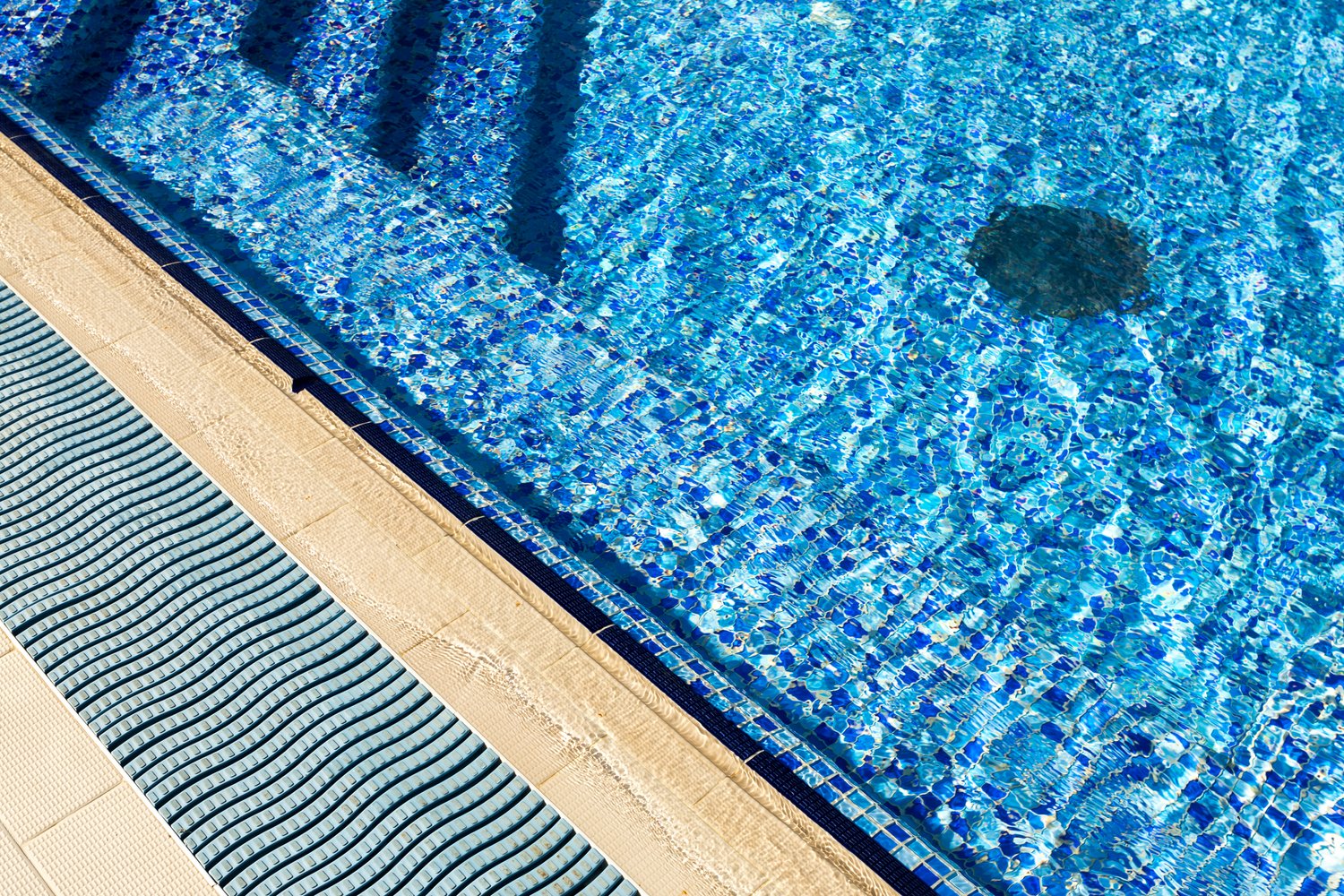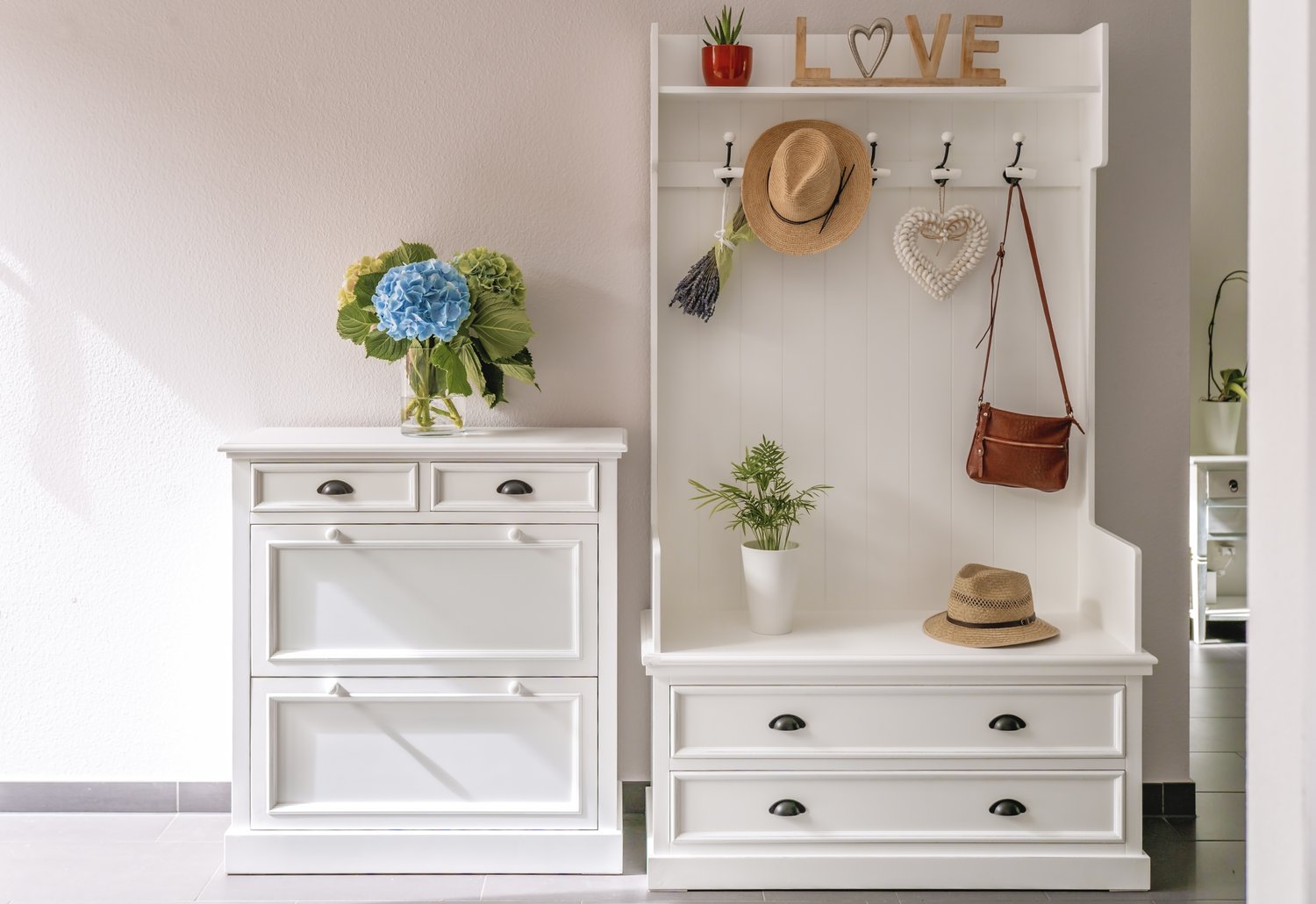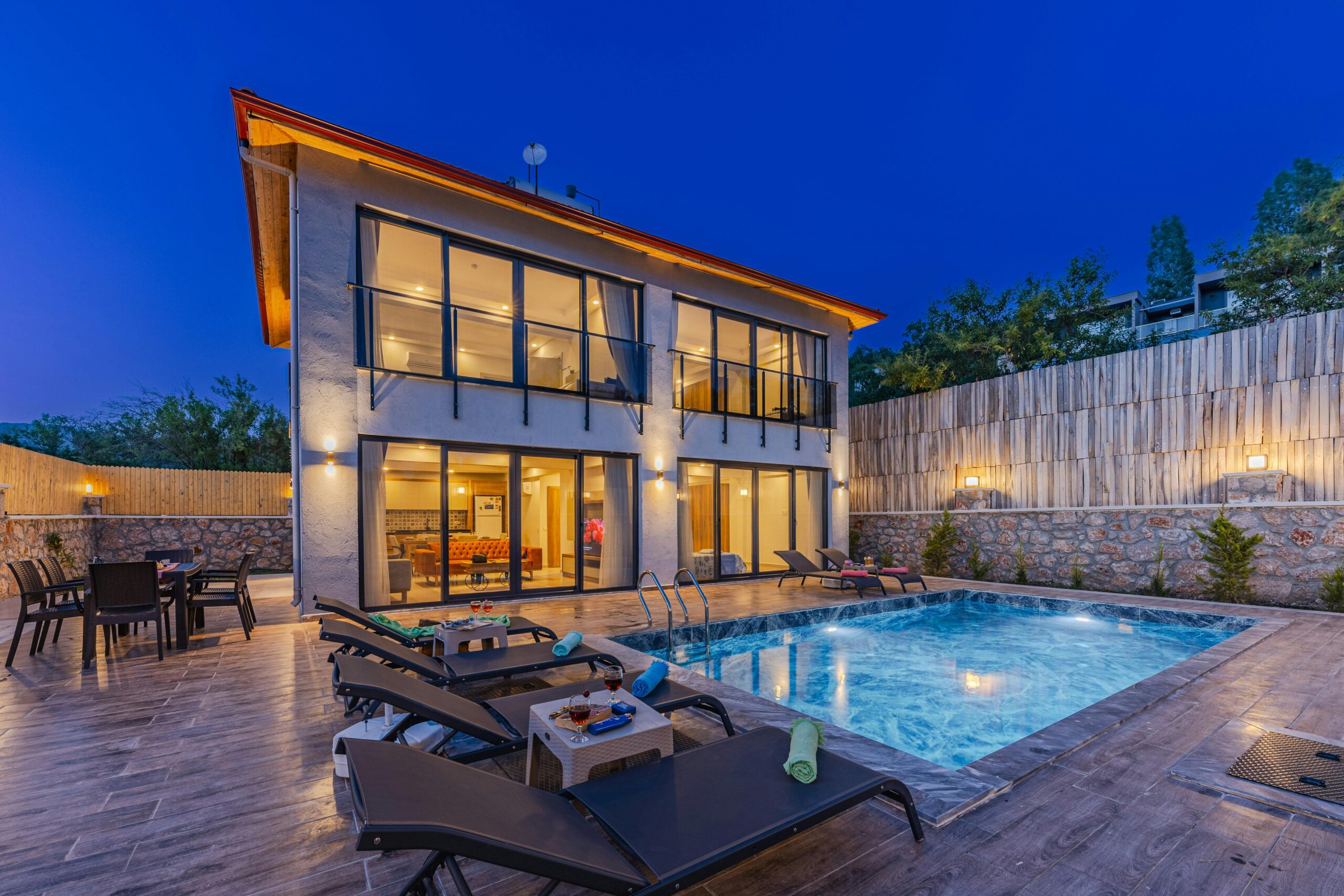Selecting the right pool decking material is a crucial decision that impacts your outdoor oasis’s aesthetics and functionality. The perfect pool surround complements your landscape design and provides safety, comfort, and durability for years to come. This comprehensive comparison of pool decking options and materials examines four popular choices—concrete, pavers, wood, and stone—and evaluates each based on slip resistance, heat retention, longevity, installation costs, and visual appeal. Understanding these factors will help you determine the best pool deck surface for your needs and preferences.
Concrete Pool Decking
Concrete remains one of the most widely used materials for pool surrounds, and for good reason. This versatile option offers exceptional durability and can be customized through various finishing techniques. Standard concrete provides a cost-effective foundation at $6-12 per square foot, while stamped or decorative options may range from $12-20 per square foot. Many homeowners appreciate concrete’s adaptability—it can mimic more expensive materials like natural stone through stamping and coloring processes.
Consider concrete’s advantages and limitations as your best pool deck surface option. On the positive side, concrete creates a seamless, uniform appearance and can be shaped to fit any pool configuration. However, traditional concrete can become extremely hot under direct sunlight, potentially causing discomfort for barefoot swimmers. This issue can be addressed with specialized cool deck coating products that reflect solar heat and reduce surface temperatures by up to 38%. These coatings add approximately $3-5 per square foot but dramatically improve comfort during the hot summer.
Durability represents another significant consideration in the concrete vs pavers pool deck debate. While concrete offers impressive longevity, it may develop cracks over time due to ground shifting, extreme temperature fluctuations, or improper installation. Addressing these cracks promptly can prevent more extensive damage and extend the lifespan of your concrete deck. A concrete pool deck can last 25-30 years or more when properly maintained.
Pavers for Pool Decking
Pavers present an excellent alternative to poured concrete, offering superior flexibility and distinctive visual appeal. These individual units—available in concrete, brick, or natural stone compositions—create a segmented surface that accommodates ground movement without cracking. The comparison of the concrete vs pavers pool deck often highlights this advantage, as pavers can shift slightly with ground movement while maintaining structural integrity.
From a cost perspective, concrete pavers typically range from $10-20 per square foot installed, while clay brick and natural stone variants may cost $15-30 per square foot. Though marginally more expensive than bare concrete, bearers offer exceptional value through their extended lifespan, easier repair, and are more straightforward. Individual pavers can be replaced without disturbing the entire deck surface if damage occurs.
Beyond practical considerations, pavers deliver outstanding aesthetic versatility. Available in countless colors, shapes, and laying patterns, they enable precisely customized designs that complement any architectural style or landscape theme. As specialists at AskHomey frequently advise clients, pavers offer the perfect balance between personalization and performance for many pool owners.
Wooden Pool Decking
For those seeking natural warmth and organic character, wooden decking creates an inviting pool surround that beautifully integrates with natural landscapes. Typically constructed from pressure-treated pine, cedar, redwood, or tropical hardwoods, wood decking introduces texture and warmth that manufactured materials cannot replicate.
Cost considerations vary significantly based on wood species. Pressure-treated pine costs $15-25 per square foot when installed, while premium hardwoods like ipe may cost $25-40 per square foot. Though more expensive than concrete options, wood creates an undeniably luxurious atmosphere that many homeowners find a worthwhile investment.
The greatest challenge with wooden pool decking involves maintenance requirements. Wood demands regular cleaning, staining, and sealing to resist moisture damage, UV fading, and potential splintering. Even with diligent care, most wooden decks last 10-15 years before requiring significant renovation or replacement, substantially less than concrete or pavers. Homeowners considering wood should carefully weigh its aesthetic benefits against these maintenance demands.
Natural Stone Pool Decking
Natural stone represents the premium choice for pool surroundings, offering unmatched elegance and exceptional durability. Popular stone varieties include travertine, limestone, sandstone, slate, and granite, each with distinct visual and functional characteristics. Travertine has gained popularity for pool applications due to its natural cooling properties and slip-resistant texture when properly finished.
The investment in stone decking typically ranges from $20 to $ 40 per square foot installed, positioning it as the most expensive option in our pool decking materials comparison. However, this initial cost translates to superior longevity, with properly installed stone decking often lasting 50+ years with minimal maintenance.
Beyond durability, natural stone offers unparalleled heat resistance compared to concrete and pavers. Light-colored stones like travertine and limestone reflect solar radiation effectively, maintaining comfortable surface temperatures even during peak summer heat. This natural cooling effect eliminates the need for additional cool deck coating treatments often required with concrete surfaces.
For more tips and to connect with reliable home service professionals, follow AskHomey on Facebook and Instagram.



